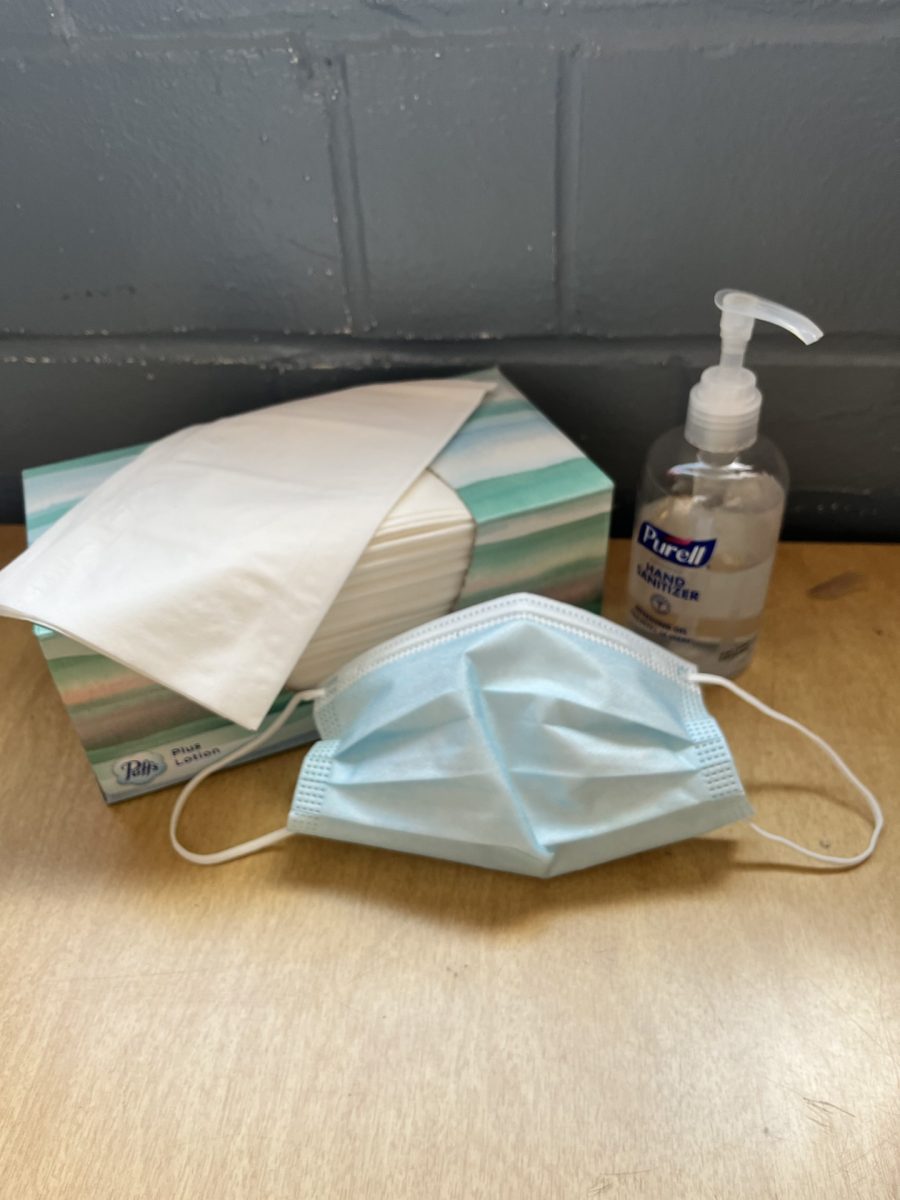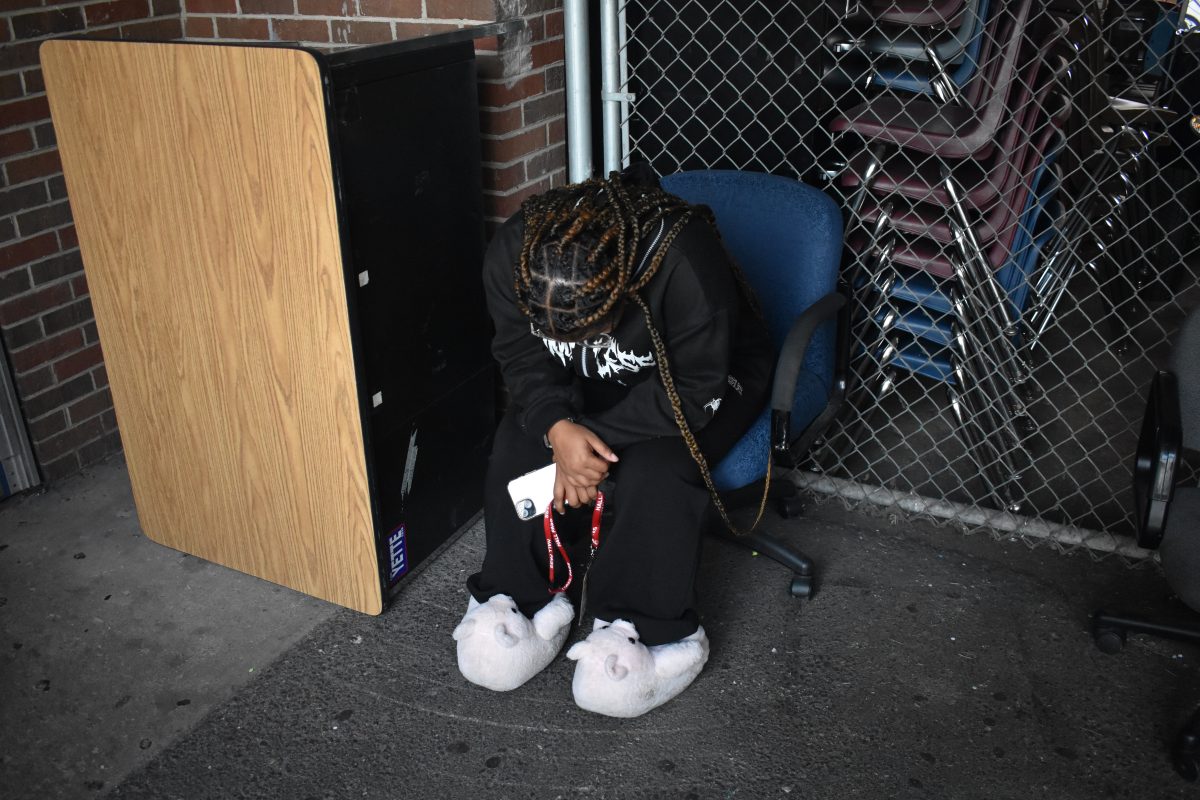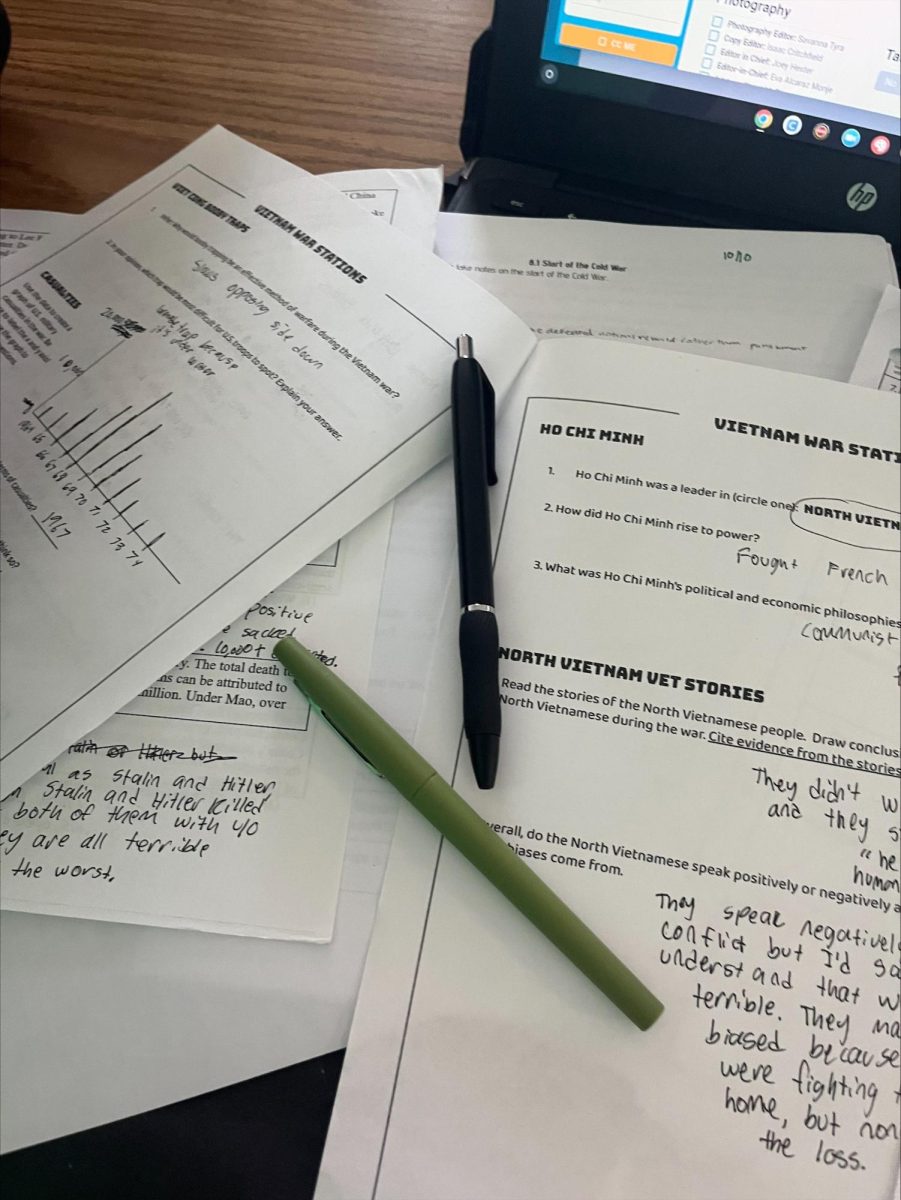Going back to school means a lot of things. There’s more work to do, more responsibilities, and more viruses. Illnesses like a cold, stomach bug, COVID-19, and the flu are more common when students are in closer contact with each other. Getting sick is no fun, especially if you have to miss school. You may get behind in classes, and the longer you take to recover, the more you have to make up.
Avoiding getting sick can be challenging, especially if you are in extracurriculars. The National Library of Medicine conducted multiple studies on athletes’ illnesses and concluded that athletes are more vulnerable to respiratory infections. “Respiratory virus infections are mostly spread by means of close physical contact through the air and on surfaces,” the National Library of Medicine stated.
Illnesses in group or team activities, such as marching band, are found to be more common. “I think illnesses spread faster among the band, mostly because we are around each other so much and often in close-ish quarters. I don’t think it has too much to do with the instruments. Once a few people have gotten germs it spreads really fast because we’re all around each other a ton,” said Mallory Grimm, one of the Lafayette drum majors.
Numerous factors can lead to an increase in illnesses among students. According to the Jefferson County Health Center, the most common reasons students have an increased risk of infections when returning to school are the close interactions held in a small space, the seasonal changes, and weakened immune systems caused by stress. These reasons for increased illness at school make avoiding germs more difficult.
Staying safe in schools is very important to the health of yourself and others. Staying cautious and aware of the germs around you can make a huge difference in your exposure to illnesses. Some students or staff may have weakened immune systems, making an infection affect them in dangerous ways.
Many interactions students have could spread germs, but there are some things we can do to limit the amount of germs that could potentially infect us. Avoiding sharing any food or drink is a great idea to prevent illness. It’s a good idea to help protect others from catching symptoms you may have by staying home. You could also remind yourself and others to cover up sneezes and coughs. Something as easy as staying up to date on vaccinations can help prevent viruses.
So even when your friend boasts about their tasty sandwich, you should take their word for it.





















